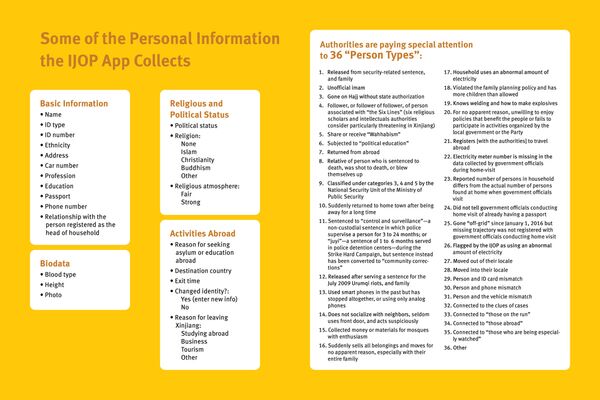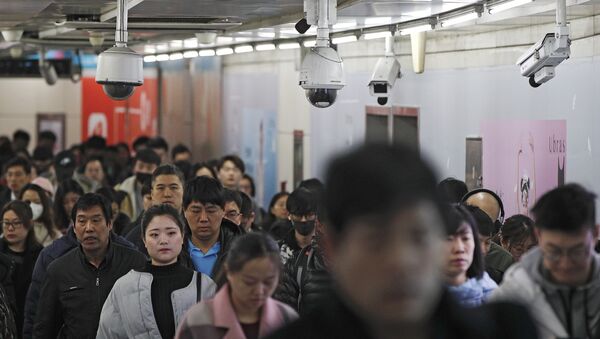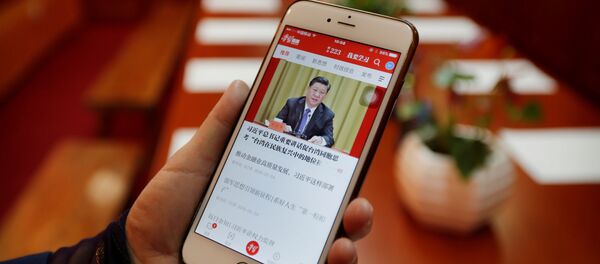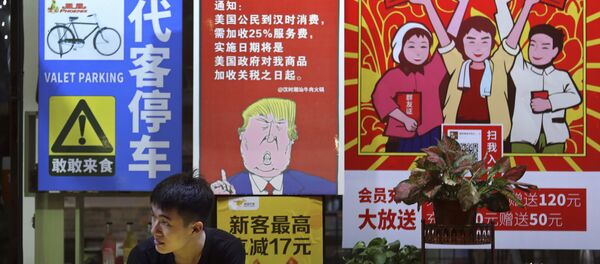HRW turned to German cybersecurity group Cure53 to reverse engineer the IJOP app, revealing an unprecedented level of high-tech surveillance, as part of an exhaustive report on what some media outlets are referring to as the new Chinese "totalitarianism," cited by Boingboing.net.
IJOP is "one of the world's most intrusive mass surveillance systems," stated HRW senior China researcher Maya Wang, detailing that the app "gathers information from checkpoints on the street, gas stations, schools […] pulls information from these facilities and monitors them for 'unusual' behavior that triggers alerts [to the] authorities," cited by the BBC.
China's northeastern Xinjiang province is particularly subject to high-tech surveillance by the state, as an estimated one million ethnic Uyghur Muslims are reportedly detained in concentration camps under the guise of an anti-terrorism program, as previously reported by Sputnik News.
The IJOP app flags Chinese citizens using mobile technology for "not using the front door," "not socializing with neighbors" and for the use of proscribed network tools including Whatsapp, Viber, or virtual private networks (VPN), according to reports.
The app also flags anyone logging on to the internet with a device that is not registered to them, or if they are using more electricity than those living nearby, according to HRW.

Citizens traveling outside of assigned residential areas who have not received a pass from local police are also flagged, according to the report. Law enforcement officers are routinely dispatched to investigate those who are known to have had contact with foreigners or who have received new phone numbers.
"Many — perhaps all — of the mass surveillance practices described in the report appear to be contrary to Chinese law," noted the HRW report, cited by Radio Free Asia.
The HRW report also documents many incidences of what it considers to be the widespread practice by Beijing of illegally spying on its own citizens.
"The intrusive, massive collection of personal information through the IJOP app helps explain reports by Turkic Muslims in Xinjiang that government officials have asked them or their family members a bewildering array of personal questions," the report notes.
"When government agents conduct intrusive visits to Muslims' homes and offices, for example, they typically ask whether the residents own exercise equipment and how they communicate with families who live abroad, it appears that such officials are fulfilling requirements sent to them through apps such as the IJOP app," according to HRW.
"The IJOP app does not require government officials to inform the people whose daily lives are pored over and logged, the purpose of such intrusive data collection, or how their information is being used or stored, much less obtain consent for such data collection."






